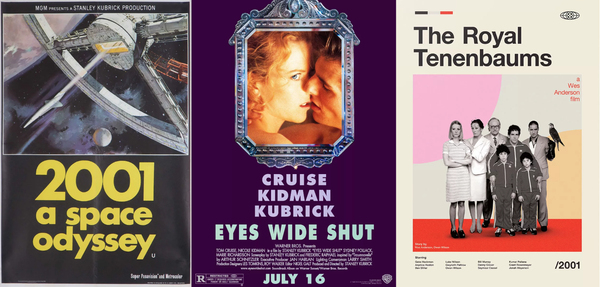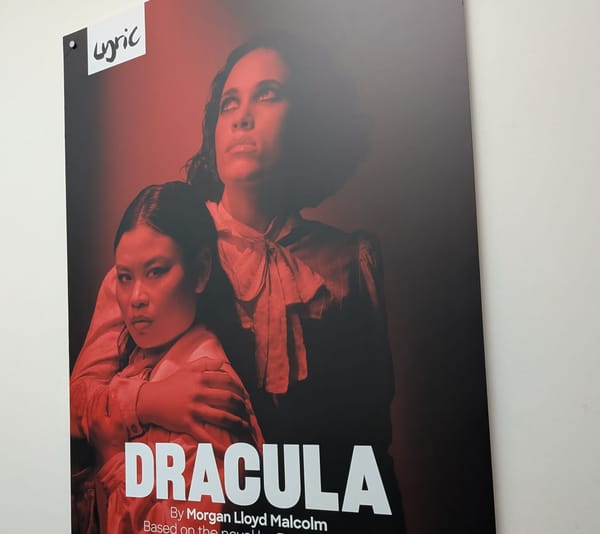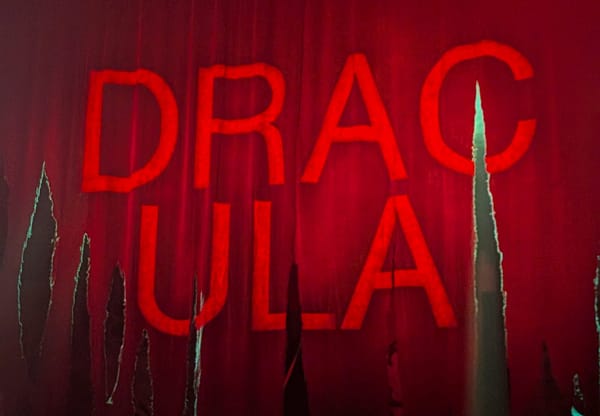Why Musicians Are Vital
A few recent conversations led me to write something new.

Music has always been important to me. I realised this year, as I returned to writing about music, that in fact I spend just as much time listening as I do reading. I listen more than I realised.
I listen in the car, on the train or plane, in bed, in the house. I listen on headphones and speakers. I have audiobooks and podcasts as well as music. I kept all my CDs just in case streaming went tits up or became too expensive. I'm slowly building a new record collection on vinyl. I'm not an average listener because surely owning a turntable these days is a sign of rebellion.
I'm not living for the music. I love TV and the movies. I think cinema is my most treasured way to access entertainment but only because I don't go often so it still feels like a religious experience. I have re-remembered this year how fun a live music gig can be for all the same reasons that cinema is magical. Once I realised I could go to a gig on my own and not die of shame, it became something I really wanted to do again. I always enjoyed a movie alone, so why not the music?
I do not believe that music is under threat in itself. But surely the musical career, the notion of an artist earning their main income from music, is under threat as never before. Perhaps some lessons from the tech world and the prose world might shine a light on some of the issues.
But first, why is music so special?
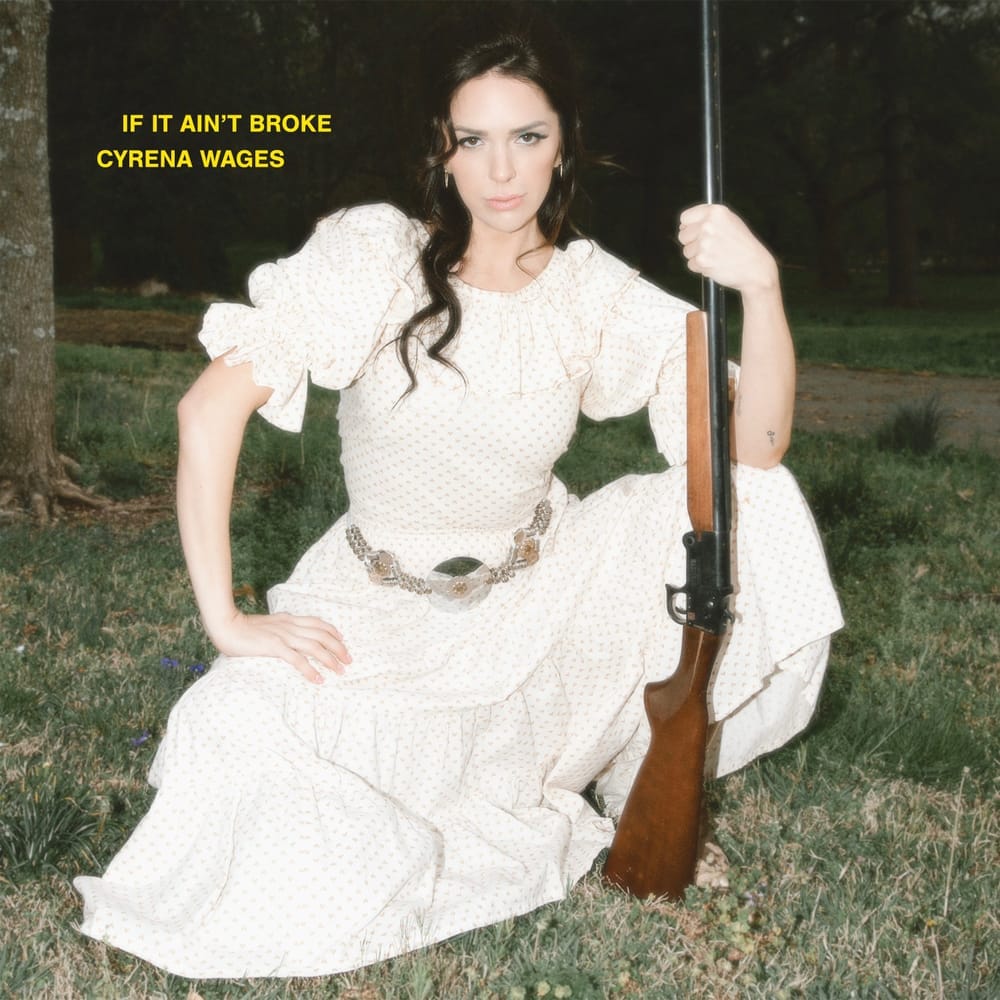
The Magic of Music
I've written around 50,000 words about music since February 2025. I have gradually come to understand that one reason it is important to me is that it can take you further emotionally than prose.
I've always been a long-form prose writer. I've dabbled in poetry but there's something in it that doesn't feel quite natural to me. That old joke about doing nothing in the morning except adding a comma, only to spend all afternoon deleting the same comma. That's not me.
I have written a couple of poems, and I love reading poetry. But even poetry only gets you so far. You don't hear the actual voice of the poet, only their words. There is performance poetry but who do you know who goes to that?
Music is like performance poetry cranked up to 11. You have the words of the songwriter, who then sings the song, adding weight and colour. And then on top of all that you have the tune. When all of these things work together you get a total banger, an ear worm that really sticks with you.
In future years, when you hear that song again you will be taken back to that summer when you listened on repeat. Those big tunes, not necessarily famous tunes, form a timeline of your own existence like nothing else. Movies and books seldom can do that in the same way.
I think the live music show can do this times ten. I remember my first one, Roxette at the Sheffield Arena in 1992, and I wrote a social post about it that you can read below. I can remember elements of that 1992 show and the people I went with like it was yesterday.
I have that sort of memory about Pulp Fiction too, coming a couple of years later, in 1994. I remember we were so thrilled we went back two or three times to watch it again. I have never been to the cinema three times to see any other movie. Perhaps this can only happen in your teenage years, an impressionable time.
But recorded music, music on the radio, the live gig. Any or all of these experiences last a lifetime. What else do you do that can do that?

Streaming
It is possible to make a case for streaming, at least when it first started back in 2002. Peer-to-peer services like Napster were seriously impacting music sales. As a teenager in those Napster years, the end of the second millennium, it was thrilling.
We all felt like we could get any music for absolutely nothing. Suddenly the limit to our listening was not our meagre pocket money or Saturday jobs but our imagination. I could grab entire musical careers in a few hours. And it only took that long because the internet used to be slower than it is today.
The record companies were terrified, and legitimised piracy seemed like a good option. Spotify came to the rescue, welcomed with open arms by a music business in shock. It was a shotgun wedding and the cracks showed immediately. My research shows that in fact, it was the long-forgotten Rhapsody that was the first legal, paid-for licensed music streaming service. I know!
What is often overlooked in this argument is just how much it costs to run a streaming business. Sites like YouTube are astronomically expensive to run because they host video. Music takes up less storage space, and the written word is the cheapest thing to host.
Sites like that do not charge you, the creator, to host your content. That needs to be factored into the bargain. What they offer is global distribution for free. It's not going to make you rich, but for a teenager learning to play a guitar, it opens doors and opportunities. If you can somehow get fans to listen, you are suddenly visible (theoretically at least) to the whole world.
This is not a comprehensive debate about the ills or otherwise of the streamers. It is noteworthy perhaps that they are all run by big tech rather than the record companies. That is partly because the record companies looked after no. 1 and failed to realise their entire business model had collapsed overnight. But also the tech companies had the wherewithal to create a streaming service. It's not very difficult if tech is your thing, but it would have been impossible for a record company.
What most likely would have happened is that each one of the major music labels would have paid a tech company to make a service to host their own music. So you would have needed four or five streaming passes instead of just one, as you do in the TV world.
I believe this might happen yet, once the majors finally realise that Spotify is just as toxic as Elon Musk. They cannot and will not afford to (they must not?) let someone else manage their catalogues and the fan relationship. The early signs are there. But where would that leave the new, young artists or indies without a label?
This section argues there is nothing wrong with streaming per se. The TV and movie studios have done it right. They make the content and they own the streaming platform. Win-win. In the music world, the utter surrender of global distribution to a Swedish start-up tech company has destroyed the profitability of the recorded music business.
This means artists and labels had to pivot to touring as the cash cow, and then inevitably the ticket prices leapt upwards. And many, many millions of fans are content to listen to music at home without going to shows. If recorded music is not fixed, music will die.
That statement is not true. Music has been with us since we lived in caves. Bashing something, a cave wall perhaps, was presumably the first tune. Music will not die. But will it be possible to make an ok living at it? I'm not sure. It's virtually impossible to do that now with the written word, but writers have always had to graft and hustle. Some have found refuge in services like Substack, but the long-term viability of the platform is open to question. Going a very long way back, artists had patrons.
There are new, modern platforms that replace patrons now, Patreon being the most famous. If you can't make money selling records, and you don't want to tour, there are other options. A sync deal on a TV show. A commercial. Patreon, Grouped, Buy Me A Coffee, Ko-fi or any other fan platforms might work. But you have to really graft and hustle to get noticed.

The Independent Artist
What is sometimes lost in all of this is the rise of the truly independent artist. In the past it was seen as brave to sign to an indie record label. Without the clout of the majors, you would struggle.
You might have to do a lot of the promotion yourself. The label could go bust without notice, and keep your winnings. But at least there were professionals looking out for you, even if only one or two of them. The assumption is that anyone starting such a label just wants to sell it to a major down the line.
These days you can literally go solo and control the whole show. This brings incredible freedom. You get ultimate control of every aspect of your sound, your look. But who advises you? Your friends? Those people who, loving you as they do, think you're mad to even try? Why would you listen to people who are not doing the do themselves? What do they know? And what if they disagree? Every opinion has an equal and opposite opinion. And if you pay people to help, they rely on your money. They are likely just to agree to all your whims in case you bin them off.
It is clear that independence can work. It works best for someone who once had a major deal, which helped them build a big fan base. They can then take that base with them when they go indie. But building a career from the ground up without a label?
I've seen it done. In the UK I think of Penfriend aka Laura Kidd, Emma Smith, Rachel Croft. You might not know of them but they are all earning a living at music and they built followings independently, from scratch, and it took many years.
I do not think the indie route works for all artists. Some people are so gifted musically that they just want to do music and nothing more. They either don't have the marketing skills, or the side hustle budget, or whatever it takes to build a following on their own. These voices might get lost. They might be the most genius artists who simply cannot get their head around the necessary business skills. They could disappear, because they might not be commercial enough for a TV talent show either.
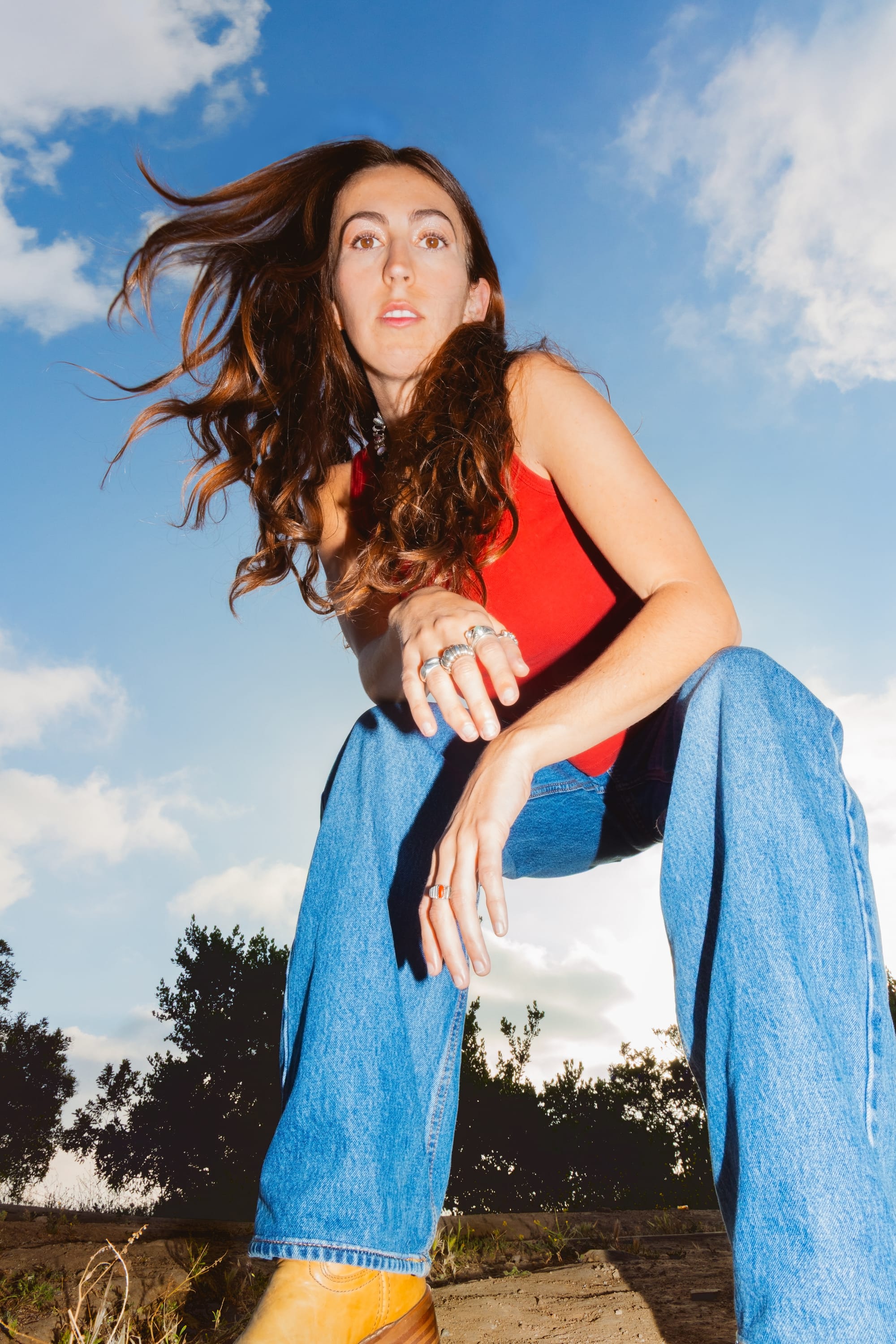
The Future
I have learned enough in 2025 to know that music is as strong as ever and a force for good in the universe. It is an antidote of sorts, or at least a balm, to help soothe the ills of a frankly barmy world.
What I have come to realise is that these artists have forgotten, or never knew, how exciting and exotic their lives look to everyone else. They are genuine troubadours, rebels, entrepreneurs with guitars and a truck, experts at songwriting and marketing both. If anyone like this applied for a job I would bite their arm off to hire them, almost. I would hesitate. Is this really what you want, this [insert job title] office job? Could you cope with the drudgery?
It is during hard times when arts and culture can really help us, yet it is also the time when budgets and funding get cut. Strange that, because the music business is believed to contribute around £7.6 billion (US $10.3 billion) to the UK economy as of 2023, including £4.6 billion (US $6.2 billion) of exports. The industry as a whole is thriving.
In every industry I have consulted for (and after doing this for as long as I have, that's pretty much every industry) the top folk always do exponentially better than the folks at the bottom. My gut tells me that in the entertainment business this is even more of an issue: there are too many promises of "future gold" for "just do this one job for free" than anywhere else I have experienced. It was ever thus. Can it change? How can we ensure that working class voices and independent, original, unique and niche voices get heard? The bumpy ride will probably stay bumpy. Luckily artists will always find a way to make art. You can't keep a beach ball under water.
All of the artists shown in this article are independent. They are in control of their own destinies for richer, for poorer. You can stream them on all the usual but they all have tip jars, merch stores, physical records and CDs, apparel, tickets for live shows, Substacks, Patreons... please take a look!
Further Reading

The article below is older but nonetheless a startling statistic: vinyl is back!






